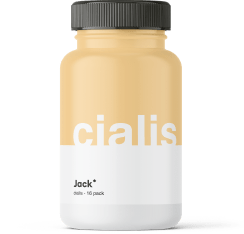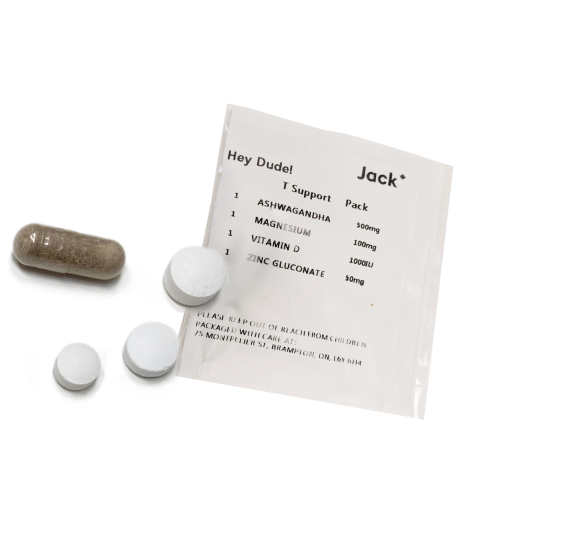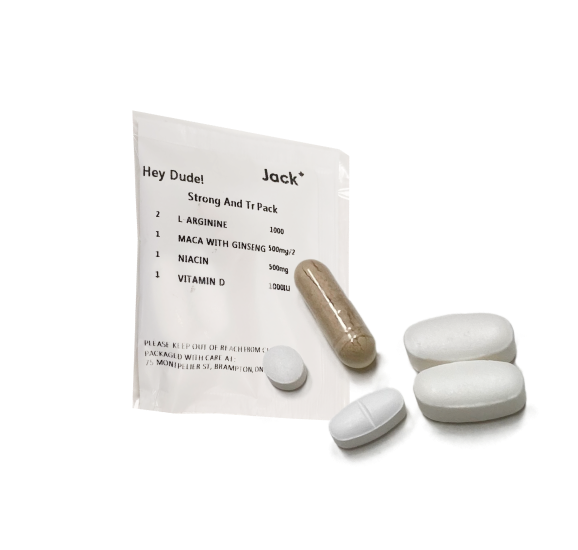Deciding whether testosterone replacement therapy (TRT) is the right choice for you requires careful consideration of its potential benefits and side effects. TRT aims to alleviate the symptoms of low testosterone, which can include decreased libido, fatigue, and loss of muscle mass, among others.
However, it’s not without its risks. Side effects can range from minor inconveniences like skin reactions and mood fluctuations to more serious health concerns, including cardiovascular risks and prostate health issues. This guide will explore the critical aspects of TRT, including what testosterone is, how it influences men’s health, the side effects associated with TRT, and factors contributing to low testosterone levels.
What is Testosterone?
Testosterone is a critical hormone in the body, primarily found in men but also present in women to a lesser extent. It plays a pivotal role in muscle mass, bone density, sex drive, and the overall development of male characteristics.
The Influence of Testosterone in Men
For men, testosterone affects nearly every aspect of their physical, emotional, and sexual health. It contributes to muscle growth, libido, and bone strength, among others. As men age, their testosterone levels naturally decrease, leading to changes in these areas.
TRT Side Effects
The journey into testosterone replacement therapy (TRT) brings with it a spectrum of potential side effects that warrant careful consideration. While TRT can significantly improve quality of life for those with low testosterone levels, it’s important to be aware of the risks involved.
Understanding these side effects is crucial for anyone considering TRT, as it allows for a balanced assessment of the therapy’s benefits against its potential drawbacks.
While understanding the potential side effects of TRT is crucial, many men experience positive outcomes. Discover how TRT has transformed the lives of men by improving their testosterone levels and overall well-being on our page about TRT results.
Cardiovascular Risks and Heart Health Concerns
Men with severe congestive heart failure should usually not take testosterone replacement, as it can worsen the condition. It’s essential to discuss these risks with a doctor before starting therapy.
Potential for Prostate Health Issues
There is evidence that TRT might exacerbate or induce conditions like prostate cancer and BPH (benign prostatic hyperplasia), making regular screening critical.
Skin Reactions and Acne
TRT can cause skin reactions such as acne and oiliness, as the therapy often increases testosterone levels beyond normal ranges for some men.
Sleep Apnea
This condition can be worsened by testosterone replacement. It may be difficult for men to detect this themselves, but their sleeping partner can often tell. A sleep study (polysomnography) may be needed to make the diagnosis.
Why Does Testosterone Decrease with Age?
As men get older, it’s natural for testosterone (T) levels to decrease. Research notes that the average decline in testosterone production is about 1 to 2 percent per year. This decline typically begins in the late 20s or early 30s and is a normal part of aging. Here’s how it happens:
- Aging leads to reduced testosterone production by the testicles.
- This reduction causes the hypothalamus to release less gonadotropin-releasing hormone (GnRH).
- With less GnRH, the pituitary gland produces less luteinizing hormone (LH).
- Decreased LH ultimately results in lower overall testosterone levels.
For many, this gradual decrease in testosterone doesn’t lead to noticeable symptoms. However, a significant reduction can lead to various issues, including a decrease in libido, fewer spontaneous erections, erectile dysfunction, reduced sperm count or volume, sleep disturbances, a loss of muscle and bone density, and unexplained weight gain.
Low Testosterone Causes
Low testosterone levels in men can be attributed to a variety of causes, ranging from natural aging processes to underlying health conditions. Understanding these causes is crucial for identifying potential interventions and treatments to manage low testosterone symptoms effectively.
Hormonal Imbalances and Aging
Aging is a primary factor that reduces testosterone levels, accompanied by changes in other hormones that can further impact levels.
Genetic Factors and Inherited Conditions
Some men may be predisposed to lower testosterone due to genetic factors or inherited conditions.
Lifestyle and Environmental Influences
Poor lifestyle choices, such as lack of exercise or unhealthy diet, and environmental factors can negatively affect testosterone production.
Chronic Health Conditions and Diseases
Diseases such as diabetes, obesity, and heart disease can lead to lower testosterone levels.
Subtle Symptoms of Low Testosterone
Common symptoms of low testosterone can often go unnoticed but significantly impact a man’s quality of life. Although these symptoms can be attributed to various factors, including aging, they may also signal underlying low testosterone levels, making it important for men experiencing these changes to consult with a healthcare provider.
- Decreased Libido and Sexual Dysfunction
- Changes in Sleep Patterns
- Mild Fatigue and Decreased Energy Levels
- Mood Swings and Irritability
How Are You Tested for Low Testosterone?
Testing for low testosterone typically involves a straightforward blood test to measure the level of testosterone in your blood. This test is usually done in the morning, when testosterone levels are at their highest.
Your doctor may recommend fasting overnight before the test to ensure accuracy. Depending on the initial results, additional tests may be conducted to measure other hormone levels and assess the functioning of the pituitary gland and other organs involved in testosterone production.
The process is designed to pinpoint the exact cause of low testosterone, distinguishing between a natural decline due to aging and other potential underlying issues. It’s a critical step towards developing an effective treatment plan tailored to your specific needs.
Benefits of Testosterone Therapy
Testosterone therapy offers numerous benefits for men experiencing low testosterone levels, significantly enhancing their quality of life. These benefits highlight the therapy’s potential to mitigate the effects of low testosterone, though it’s important to carefully weigh these advantages against possible side effects.
The benefits of testosterone therapy extend beyond just physical health improvements. For a deeper dive into how TRT can enhance muscle mass, libido, and even cognitive function, read more about the benefits of TRT.
Enhanced Muscle Mass and Strength
Testosterone plays a key role in boosting muscle mass, which in turn aids in managing weight and enhancing energy levels. Research indicates that men with low testosterone can experience a reduction in fat mass and an improvement in muscle size and strength upon receiving treatment.
While some men may notice an increase in muscle mass without a corresponding boost in strength, the greatest advantages are typically observed when testosterone therapy is paired with strength training and exercise. This combination maximizes the therapy’s impact, promoting leaner body mass and improved physical performance, underscoring the importance of a holistic approach to treating low testosterone.
Improved Sexual Function and Libido
Testosterone levels typically increase with sexual arousal and activity, with men who have higher testosterone often experiencing more sexual activity. For older men, achieving libido and erectile function may require higher levels of testosterone. However, it’s crucial to understand that erectile dysfunction can frequently result from other factors or medications, not just low testosterone levels.
Research supports that testosterone therapy can enhance sexual health and performance, indicating that there’s a peak level of testosterone beyond which no further improvement in response is observed.
Increased Bone Density
Testosterone plays a huge role in bone mineral density. Bone density decreases as men age and testosterone levels drop. This raises the risk of weak bones and osteoporosis. Strong bones help support your muscles and internal organs, which can boost athletic performance.
Better Mood and Quality of Life
Lower testosterone levels are associated with poorer quality of life. Some of the symptoms of low testosterone levels include depression, fatigue, and irritability. But some research shows that this may only be for men with hypogonadism. Men whose bodies follow the normal decrease of testosterone over time didn’t show an increase for depression.
Enhanced Cognitive Function
Studies indicate that men with higher levels of total testosterone are less likely to develop Alzheimer’s disease, and there’s a significant link between testosterone levels and cognitive functions, including verbal memory and quicker processing speeds. Furthermore, testosterone therapy has been found to enhance spatial memory in men aged 34 to 70.
Key Takeaways
- Understanding TRT Side Effects: While testosterone replacement therapy (TRT) can significantly improve symptoms of low testosterone, including enhanced libido, energy levels, and muscle mass, it’s crucial to be aware of potential side effects. These can range from skin reactions and mood fluctuations to more serious concerns like cardiovascular risks and prostate health issues.
- Natural Decline with Age: Testosterone levels naturally decrease as men age, typically starting in the late 20s to early 30s. This decline can lead to symptoms such as reduced sex drive, erectile dysfunction, and changes in sleep patterns. Understanding this natural process is essential for setting realistic expectations about TRT.
- Benefits of Testosterone Therapy: TRT offers several key benefits, including improved muscle mass and strength, enhanced sexual function and libido, increased bone density, and potentially better mood and quality of life. These benefits can contribute significantly to a man’s overall well-being, especially when combined with lifestyle adjustments like exercise.
- Critical Evaluation Before Starting TRT: It’s important for individuals considering TRT to undergo thorough testing to confirm low testosterone levels and to discuss with their doctor the potential benefits and risks. This includes evaluating cardiovascular health, prostate health, and other factors that could be impacted by TRT.
Frequently Asked Questions
Can Testosterone Replacement Therapy Make Me Feel More Energetic?
The benefits seen with TRT, such as increased libido and energy level, beneficial effects on bone density, strength and muscle as well as cardioprotective effects, have been well-documented.
Can Testosterone Replacement Therapy Treat ED?
Testosterone replacement monotherapy can improve erectile function in men with mild ED, but not moderate and severe ED. In men with low testosterone who are unresponsive to PDE5 inhibitors, normalization of testosterone levels can improve the response to PDE5 inhibitors.
How Do I Take Testosterone Replacement Therapy?
TRT can be administered in various forms, including injections, gels, patches, pellets, and oral medications. Your doctor will recommend the best form and dosage based on your specific condition and health needs.
Considering TRT involves not just understanding its health implications but also its financial impact. Learn more about the investment required for this therapy by exploring how much TRT costs.
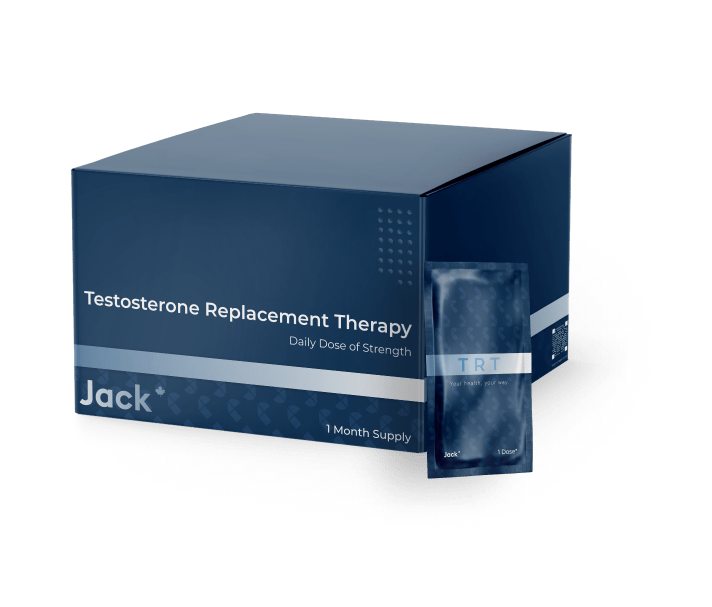





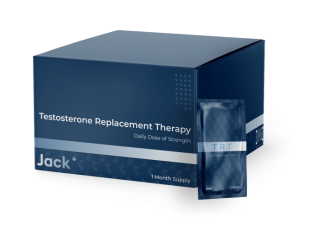
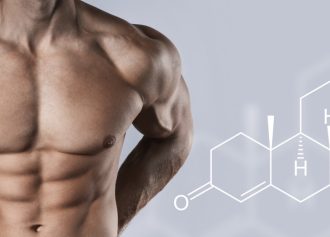






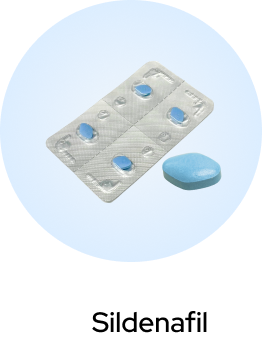
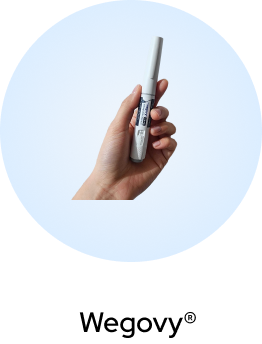
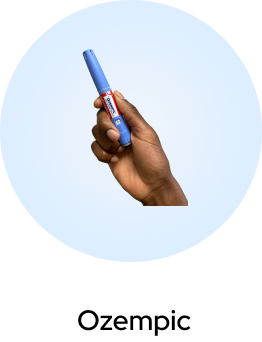


 (US)
(US)